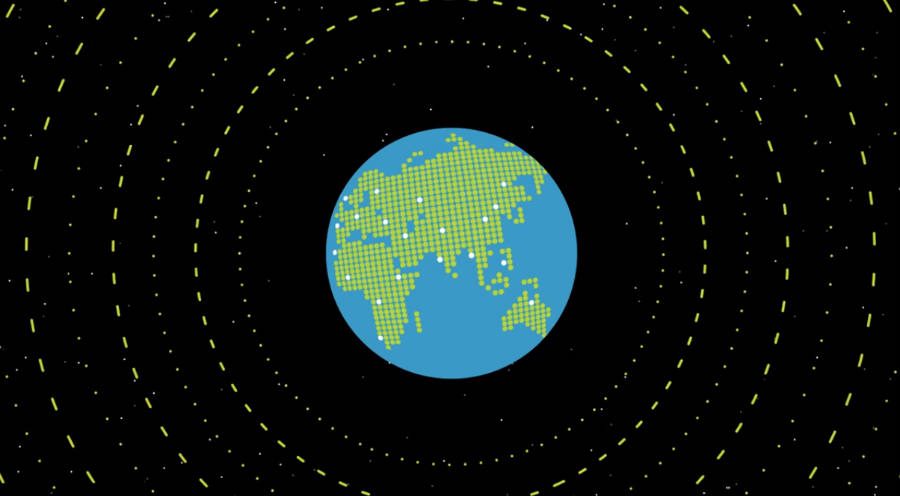On Wednesday, Microsoft introduced Azure Cosmos DB, the tech giant’s expansion of its Azure DocumentDB database-as-a-service platform. The Cosmos model is designed to be globally distributed and meet developer demands with support for multiple models and APIs.
The announcement was one of several new products and services unveiled at Microsoft’s Build 2017 conference. The Azure cloud as a whole was at the center of kick-off day at the event, including the new Batch AI Training service, MySQL and PostgresSQL tools, and incentives to software vendors.
There was also news about Cortana at Build 2017, including a new set of skills and an HP speaker like the Amazon Echo or Google Home powered by Microsoft’s AI. The voice assistant has 141 million users, and a significant portion of them are also part of the 500 million Windows 10 users now using the OS.
What is Microsoft Azure Cosmos DB and what does it do?
Microsoft Azure Cosmos DB is a globally distributed, multi-model database-as-a-service platform with support for popular APIs that lets developers create scalable databases at low latencies.
In much, much simpler terms, the new database platform is an upgrade to the DocumentDB NoSQL service offered before by Microsoft. It is now available to old clients free of charge, and it has enhanced functionalities and improvements to the entire infrastructure.
For instance, being a globally distributed database system entails that subscribed developers and users will get their data replicated to the nearest server in any region of the world for their databases and applications.
Worldwide data throughput and storage is ensured by industry-leading SLAs (service level agreements), which meet enterprise needs with 99.99% availability, as well as read and write latencies in the 99th percentile.
Azure Cosmos DB has automatic data indexing by default, and it supports database app building with table, graph, MongoDB, and DocumentDB APIs in SQL, JavaScript, Python, Ruby, REST, Gremlin, Java, Node.js,NET, and more.
This schema-free model allows Microsoft to offer more wide-ranging options for data replication and its “planet-scale” infrastructure can handle hundreds of trillions of transactions each day.
Who can benefit from Microsoft’s new toy?
As you might have noticed, this service is not for everyone, although Microsoft is aiming toward widespread adoption of Azure services using incentives to software vendors, organizations, and, of course, big companies.
All of these are potential Azure Cosmos DB customers as well: entities that need a robust and reliable way to handle and process significant amounts of data, be it for projections, analysis, review, or other purposes.
Aside from Microsoft itself running it internally for some time now, some of the world’s biggest firms and organizations across several industries are already signed up for Azure Cosmos DB. These include Jet.com, LG, Domino’s Pizza, Real Madrid, and Toyota.
Source: Microsoft



